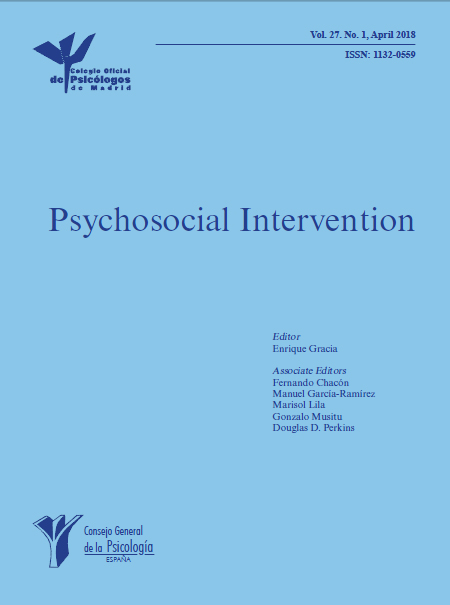
Augmenting ACID with affective details to assess credibility
[Augmenting ACID with affective details to assess credibility]
Ryan Ansarra; Kevin Colwell; Cheryl Hiscock-Anisman; Amber Hines; Roland Fleck; Lindsey Cole; and Delyana Belarde
Abstract
There is a need within the criminal justice systems of many countries to create a valid and applicable system of investigative interviewing and credibility assessment. The present study assesses the general validity one such system, called Assessment Criteria Indicative of Deception (ACID). ACID comprises interviewing strategies that facilitate the detection of deception and content criteria that highlight differences in verbal behavior. Sixty university undergraduates performed a staged theft under time pressure and with incentives designed to increase external validity. The participants were interviewed and assessed using the ACID procedure. Half of them were instructed to answer honestly and the other half to deny his/her participation in the theft. Results showed that honest statements were longer, more vividly detailed, and more spontaneously structured than deceptive statements. Also, the addition of affective details as a dependent measure significantly improved the ACID system. Overall, 48 of 60 statements were accurately classified (26 of 30 honest statements and 22 of 30 deceptive statements). The ACID procedure was effective and benefited from the addition of affective details. The strengths and weaknesses of this study are discussed in light of basic research into deception and potential forensic application.
Resumen
Copyright © 2026. Colegio Oficial de la Psicología de Madrid















